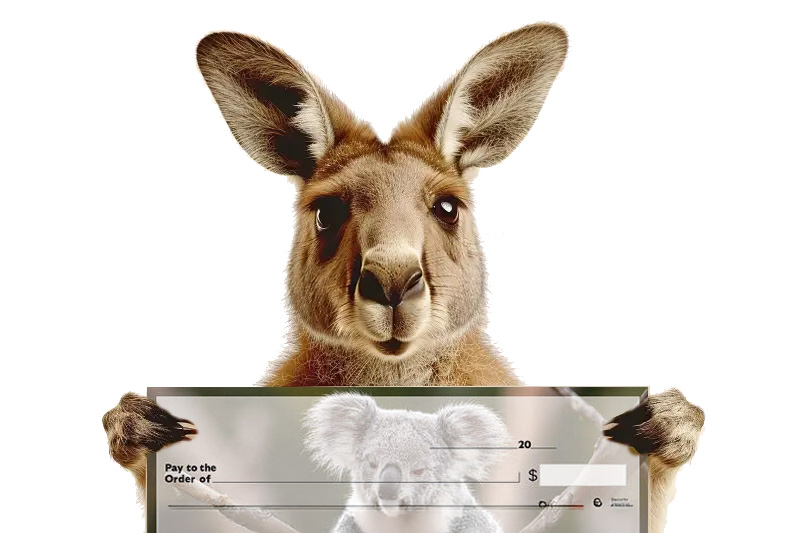The Government has announced a transition plan to phase out the use of cheques. Under the plan, cheques will stop being issued by 30 June 2028 and stop being accepted on 30 September 2029.
The use of cheques has declined dramatically over the last 10 years, declining by around 90%. In response, banks have stopped issuing chequebooks to new customers. However, financial institutions have a legislated requirement to accept cheques until the Government no longer requires them to do so.
Danish banks stopped accepting cheques in 2017, and New Zealand’s banks in 2021.

Cheques are out, but cash remains king.
While Australians have moved to digital payment methods, the Government has been careful to maintain cash as a payment method.
Around 1.5 million Australians use cash to make more than 80% of their in‑person payments. Cash also provides an easily accessible backup to digital payments in times of natural disaster or digital outage.
According to the most recent data, up to 94% of businesses continue to accept cash.
The Government has stated that they will mandate that businesses must accept cash when selling essential items, with appropriate exemptions for small businesses.
Currently, businesses don’t have to accept cash. They can specify the terms and conditions under which they will supply goods and services.
The issue of card surcharges often arises when a business adds a surcharge rather than recognising this cost of doing business in their pricing. A company can charge a surcharge for paying by card, but the surcharge must not be more than what it costs the business to use that payment type.



